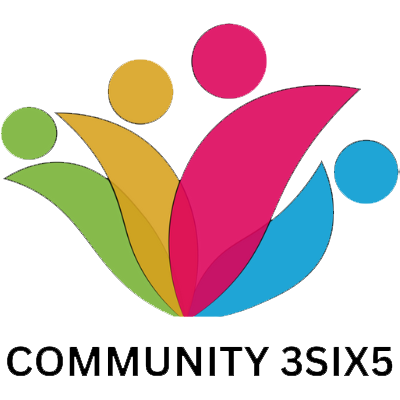Supported independent living: helping people with disabilities live independently in Australia
Living independently is an important goal for many people with disabilities, but it can be challenging to achieve without support. That's where Supported Independent Living (SIL) comes in. SIL is a program designed to help people with disabilities live as independently as possible, while still receiving the support they need to achieve their goals and participate fully in their community. In Australia, SIL is a component of the National Disability Insurance Scheme (NDIS), which provides funding and support for people with disabilities.
SIL provides support to people with disabilities who require assistance with day-to-day tasks. This may include personal care, such as showering, dressing, and grooming, as well as support with household tasks, such as cooking, cleaning, and laundry. SIL providers may also help with managing finances and budgeting, accessing health services and medical appointments, and participating in social and community activities.
There are a range of settings in which SIL can be provided, including group homes, shared accommodation, and individual living arrangements. This allows individuals to choose the living arrangement that best suits their needs and preferences.
To be eligible for SIL funding, an individual must meet the eligibility criteria for the NDIS and have an assessed need for support with daily living tasks. The amount of funding allocated for SIL is determined by an individual's support needs, as identified in their NDIS plan. This means that each person receives the support that is tailored to their specific needs and goals.
SIL has many benefits for people with disabilities. Firstly, it allows individuals to live as independently as possible, which can have a positive impact on their self-esteem and quality of life. Secondly, it provides access to the support that is necessary for individuals to participate fully in their community. This can include attending social events, participating in sports or other activities, and accessing community services. Finally, SIL can provide a safe and supportive environment for people with disabilities, which can help to reduce the risk of social isolation and promote wellbeing.
One of the key advantages of SIL is the flexibility it offers. SIL providers are able to tailor their support to the individual needs of each person, which means that the support provided is responsive and adaptable to changing circumstances. This means that individuals can receive the support they need to achieve their goals, whether that be returning to work, studying, or pursuing hobbies and interests.
Another advantage of SIL is that it can help to build independence and confidence. By providing support with daily living tasks, individuals are able to develop the skills they need to live independently, which can help to increase their confidence and self-esteem. This can also have a positive impact on their mental health and wellbeing.
SIL is an important program for people with disabilities in Australia. It provides support that enables individuals to live independently, participate fully in their community, and achieve their goals. It is a flexible and responsive program that is tailored to the needs of each individual, which means that everyone can receive the support they need to live their best life.
In conclusion, Supported Independent Living is a valuable program that helps people with disabilities live independently in Australia. It provides a range of support services that are tailored to each individual's needs and goals, which means that everyone can receive the support they need to live their best life. If you or someone you know has a disability and is interested in living independently, we can help.
